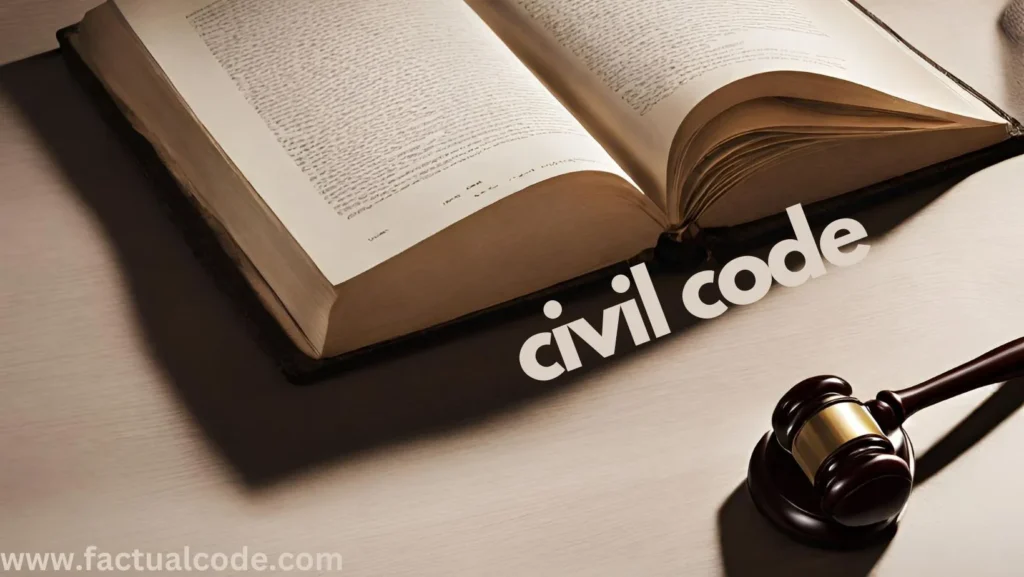Section 60(1) of the Code of Civil Procedure, 1908 (CPC) outlines specific properties exempt from attachment and sale during the execution of a decree. These exemptions are rooted in humanitarian concerns to protect the dignity, livelihood, and essential possessions of the debtor while balancing the rights of creditors.
Overview of Section 60 CPC
Under Section 60 CPC, properties are classified into:
Attachable Properties:
These include movable and immovable assets like land, bank accounts, or shares, not expressly exempted.
Non-Attachable Properties:
These are explicitly protected to safeguard the debtor’s survival and socio-economic security.
Exempted Properties Under Section 60 CPC
The following properties are exempt from attachment or sale:
1. Essential Items for Personal Use
- Clothing and Household Necessities: Includes clothing, cooking utensils, beds, and bedding essential for the judgment debtor, their spouse, and children.
- Religious Ornaments: Personal ornaments that religious customs prevent a woman from parting with (e.g., mangalsutra).
- Legal Basis: Proviso (a) to Section 60(1) CPC.
2. Tools of Trade or Livelihood
- Artisans’ Tools: Instruments essential for their trade.
- Agricultural Implements: Includes tools, cattle, and seed grain necessary for farming.
- Legal Basis: Proviso (b) to Section 60(1) CPC.
- Judgment: Ramesh Himmatlal Shah v. Harsukh Jadhavji Joshi (1975), which upheld exemptions to protect basic livelihood.
3. Dwelling Houses
- Houses or structures owned and occupied by agriculturists, laborers, or domestic workers, including adjacent land essential for their use.
- Legal Basis: Proviso (c) to Section 60(1) CPC.
4. Right to Future Maintenance
- Ensures the debtor’s dependents are not deprived of financial support.
- Legal Basis: Proviso (d) to Section 60(1) CPC.
5. Wages and Salaries
- Fully Exempt: Salaries of domestic workers and laborers.
- Partially Exempt: For others, the first ₹1,000 and two-thirds of the remaining salary are protected (except for maintenance decrees).
- Legal Basis: Proviso (g) to Section 60(1) CPC.
6. Pensions and Gratuities
- Includes political pensions, government pensions, and gratuities.
- Legal Basis: Proviso (g) to Section 60(1) CPC.
- Judgment: Radhey Shyam Gupta v. Punjab National Bank (2008), where pension funds retained exempt status even after conversion into fixed deposits.
7. Life Insurance Policies
- Proceeds from life insurance policies are fully exempt from attachment.
- Legal Basis: Proviso (kb) to Section 60(1) CPC.
- Judgment: Parasram H. Bhojwani v. Pravinchand Sehgal (2021), where life insurance proceeds were protected to promote financial security.
8. Provident Funds
- Mandatory deposits and sums protected under the Provident Funds Act, 1925 are exempt.
- Legal Basis: Proviso (k) to Section 60(1) CPC.
9. Leased Property Rights
- Interest of lessees in residential buildings under rent control laws is protected.
- Legal Basis: Proviso (n) to Section 60(1) CPC.
10. Allowances and Subsistence Grants
- Includes subsistence allowances and other government-declared benefits.
- Legal Basis: Proviso (l) to Section 60(1) CPC.
11. Miscellaneous Exemptions
- Movable property exempt from land revenue laws.
- Rights of personal service, future maintenance claims, and religious offerings.
- Legal Basis: Provisos (m) and (f) to Section 60(1) CPC.
Judicial Precedents Supporting Exemptions
1. Ramesh Himmatlal Shah v. Harsukh Jadhavji Joshi (1975)
Key Issue: The case confirmed that exemptions under Section 60 CPC protect the debtor’s dignity and livelihood, such as essential tools and personal items from attachment.
Illustration: Essential items like clothing, cooking utensils, and agricultural tools are exempt to ensure the debtor can sustain themselves and their family.
2. Parasram H. Bhojwani v. Pravinchand Sehgal (2021)
Key Issue: Life insurance proceeds are exempt from attachment under Section 60 CPC, reinforcing the legislative intent to encourage financial security.
Illustration: If a debtor passes away, their life insurance payout is protected from creditors, ensuring the family is financially supported.
3. Radhey Shyam Gupta v. Punjab National Bank (2008)
Key Issue: Pension funds remain exempt from attachment, even when converted into fixed deposits, as they are meant for the debtor’s retirement security.
Illustration: A debtor’s pension, placed in a fixed deposit for safekeeping, cannot be attached because it’s meant to provide for their retirement.
4. Pulugu Karnakar Reddy v. Shreya Financiers and Hire Purchase (2006)
Key Issue: The court confirmed that life insurance proceeds due to legal heirs are exempt from attachment, protecting the family’s financial security.
Illustration: If life insurance proceeds are due to the family of a deceased debtor, creditors cannot seize the funds because they are meant for family support.
Conclusion
The exemptions under Section 60 CPC demonstrate a nuanced approach to debt recovery, ensuring creditors’ rights do not override the fundamental need to protect the debtor’s dignity and livelihood. By safeguarding essential assets, these provisions uphold constitutional principles of fairness and humanity while enabling equitable enforcement of decrees.
References- THE CODE OF CIVIL PROCEDURE, 1908 Section 60 THE PROVIDENT FUNDS ACT, 1925 Ramesh Himmatlal Shah vs Harsukh Jadhavji Joshi on 25 April, 1975 Parasram H Bhojwani vs Pravinchand Sehgal And 4 Ors on 24 August, 2021 Radhey Shyam Gupta vs Punjab National Bank & Anr on 4 November, 2008 Pulugu Karnakar Reddy And Anr. vs Shreya Financiers And Hire Purchase … on 23 October, 2006

